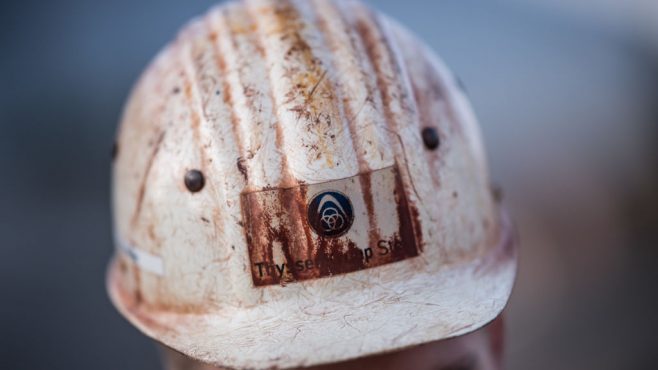Responsible for approximately 22% of EU industrial CO2 emissions or 4% of total emissions, Europe’s steel industry has set ambitious climate targets. It aims to reduce emissions by 30% by 2030 and a massive 80-95% by 2050. However, such goals can only be reached with a major overhaul of the industry given the carbon intensity of a blast furnace.

Various technologies are at hand to reduce the industry’s emissions, including replacing coal with biomass, using hydrogen as an alternative fuel, or fitting steel plants with carbon capture and storage (CCS).

Discover B2B Marketing That Performs
Combine business intelligence and editorial excellence to reach engaged professionals across 36 leading media platforms.
Whatever the main solutions adopted, analysis by German consultancy Roland Berger shows many of the technologies will take 20-30 years to get up and running.
Energy Monitor’s Weekly Data shows European steelmakers appear to be betting above all on a hydrogen-led future. This is based on analysis from the Green Steel Tracker, a project developed by the Leadership Group for Industry Transition (LeadIT) that brings together companies and countries committed to net-zero emissions from industry. LeadIT was launched with the support of the World Economic Forum at the UN Secretary General’s Climate Action Summit in September 2019.

US Tariffs are shifting - will you react or anticipate?
Don’t let policy changes catch you off guard. Stay proactive with real-time data and expert analysis.
By GlobalDataFrom a total of 28 projects aimed at decarbonising the steel industry, 22 are focused on hydrogen, with at least six stating explicitly that they plan to use green hydrogen, or hydrogen made from renewables-powered electrolysis. These projects are mainly located in Germany, with plants also in Austria and Spain.
Thyssenkrupp’s H2morrow in Duisburg, Germany, on the other hand, will run on blue hydrogen, or hydrogen made from natural gas with CCS. The plant plans to import natural gas from Norway and convert existing gas pipelines for hydrogen use.
The only pilot steel plant already running on hydrogen in Europe is HYBRIT's pilot in Luleå, Sweden. The first full-scale hydrogen-based steel making projects — Tata Steel’s Project H2ermes in the Netherlands and the H2 Green Steel project in Sweden —are due to come online in 2024.





